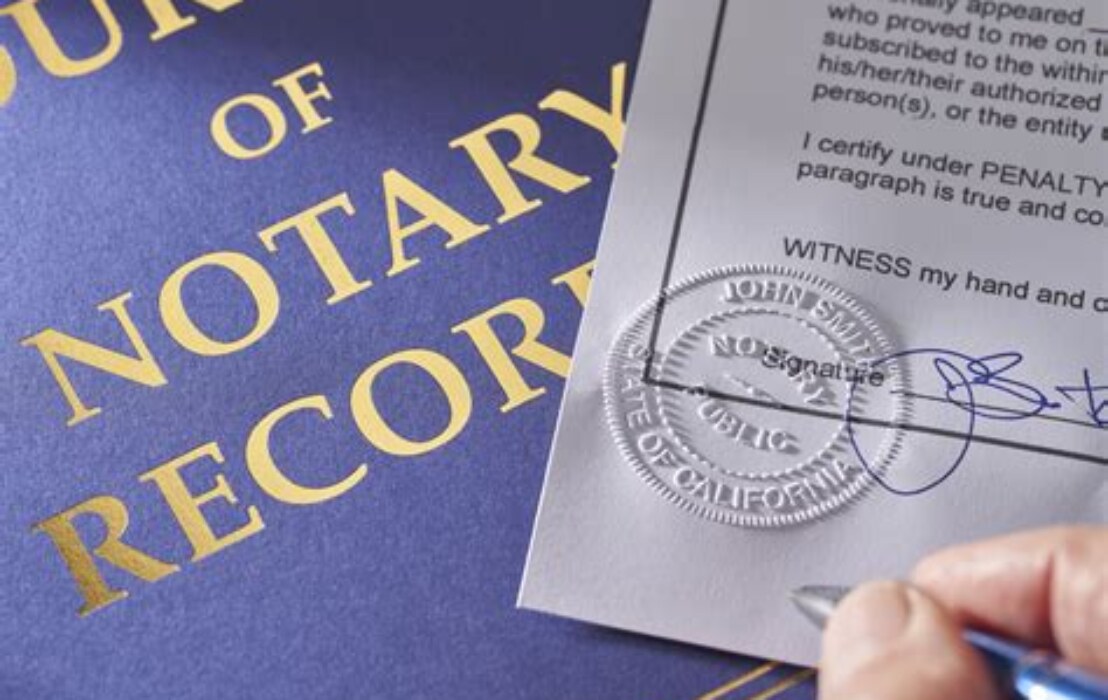If you’re living in or visiting Chengdu and need to get your documents notarized, this guide will help you navigate the process smoothly. Notarization is often required for legal, educational, or business purposes, and knowing where and how to get it done can save you time and hassle.
1. Locate a Notary Office
Chengdu, as a major city, has several notary offices spread across different districts. Some of the prominent notary offices include:
Chengdu Notary Public Office (成都市公证处)

- Address: 四川省成都市武侯区人民南路一段31号
- Phone: +86 28 8555 2568
- Opening Hours: Monday to Friday, 9:00 AM – 5:00 PM (Closed on Weekends and Public Holidays)
The Chengdu Notary Public Office is well-known for its professional services and central location in the Wuhou District, making it accessible to clients from various parts of the city.
Getting There:
- By Metro: Take Metro Line 1 and get off at Huaxiba Station (华西坝站). From there, it’s a 5-minute walk to the office.
- By Taxi: Provide the driver with the address in Chinese (成都市武侯区人民南路一段31号) to ensure a smooth journey.
Sichuan Provincial Notary Office (四川省公证处)

- Address: 四川省成都市锦江区锦江路37号
- Phone: +86 28 8662 3980
- Opening Hours: Monday to Friday, 9:00 AM – 5:00 PM (Closed on Weekends and Public Holidays)
The Sichuan Provincial Notary Office is located in the Jinjiang District, a commercial hub near Chunxi Road, making it convenient for both locals and international clients who may need more specialized notarial services.
Getting There:
- By Metro: The nearest metro station is Chunxi Road Station (春熙路站) on Metro Line 2 and Line 3. From the station, it’s about a 10-minute walk.
- By Taxi: Provide the driver with the address in Chinese (成都市锦江区锦江路37号) for a direct route.
2. Prepare the Required Documents
Before visiting the notary office, ensure you have all the necessary documents. This typically includes:
- Original documents (e.g., contracts, diplomas, identification)
- A copy of your passport or ID card
- Any relevant supporting documents
- A translation of the document if it’s not in Chinese (for foreign documents)
It’s advisable to call the notary office beforehand to confirm the required documents for your specific case.
3. Visit the Notary Office
Once you have gathered your documents, visit the notary office during their working hours, usually from 9 AM to 5 PM, Monday to Friday. It’s best to arrive early to avoid long wait times.
4. Submit Your Documents
Upon arrival, take a queue number and wait for your turn. When called, submit your documents to the notary officer. They will review your documents, ask you to fill out any necessary forms, and may request additional information if needed.
5. Pay the Fees
Notarization services come with a fee, which varies depending on the type of document and service. Payments are usually accepted in cash or via WeChat Pay and Alipay. Ensure you get a receipt for your payment.
6. Collect Your Notarized Documents
After submitting your documents and paying the fees, you’ll be given a collection date. Notarization typically takes a few days, but some offices may offer expedited services for an additional fee. Return on the specified date to collect your notarized documents.
7. Consider Additional Services
If you need the notarized documents for use abroad, you may also need to get them authenticated or apostilled by the relevant authorities, such as the Foreign Affairs Office in Chengdu or the Chinese Ministry of Foreign Affairs.
Conclusion
Notarizing documents in Chengdu is a straightforward process if you know where to go and what to bring. By following this guide and visiting one of the key notary offices, such as Chengdu Notary Public Office (成都市公证处) or Sichuan Provincial Notary Office (四川省公证处), you can ensure your documents are properly notarized, saving you time and stress. Whether you’re a resident or a visitor, Chengdu’s notary offices are equipped to handle your needs efficiently.


Normally I do not read article on blogs however I would like to say that this writeup very forced me to try and do so Your writing style has been amazed me Thanks quite great post